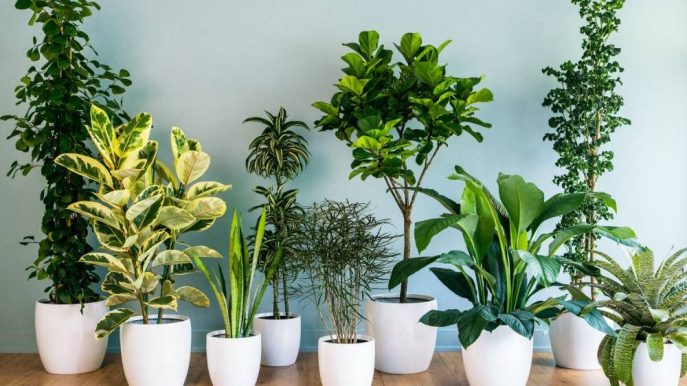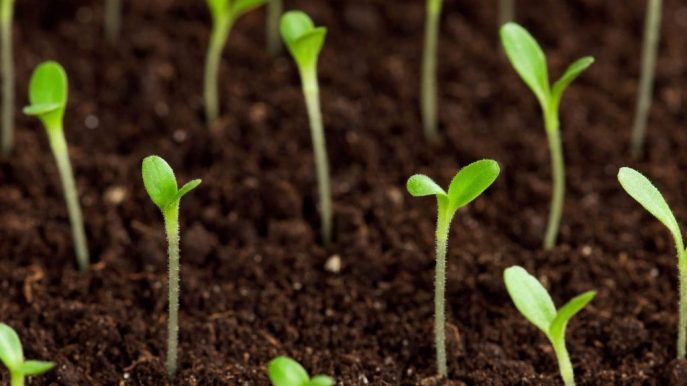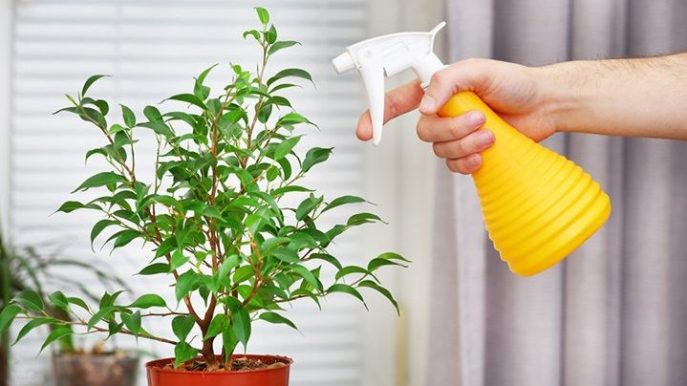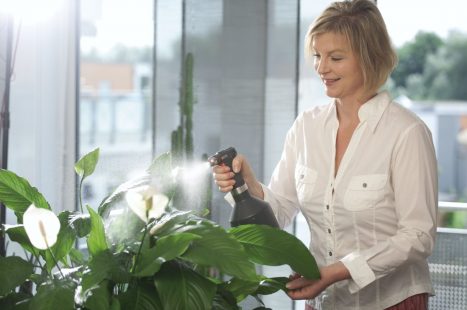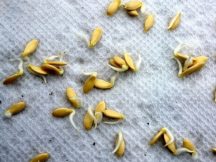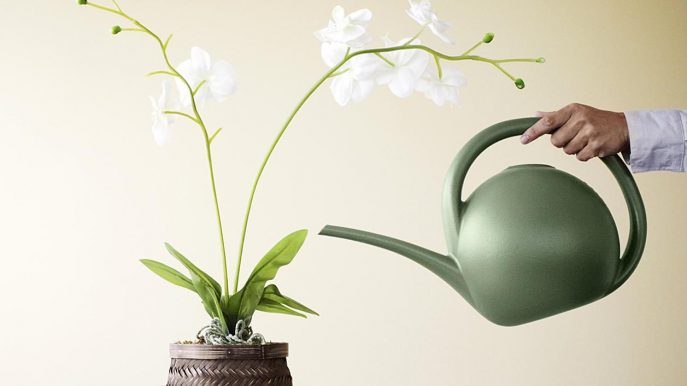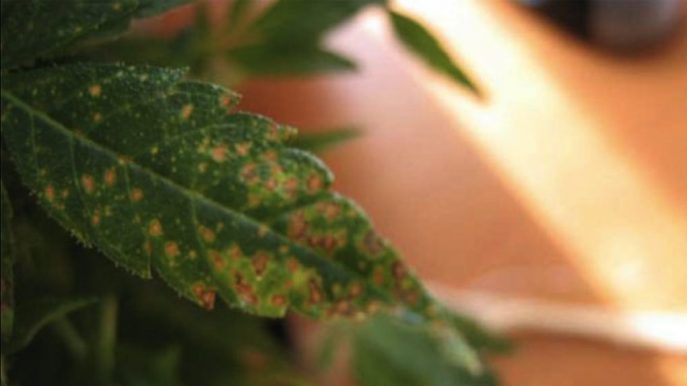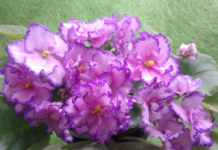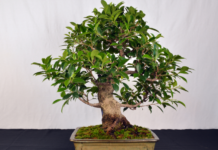Succinic acid is a natural “miracle” that most beneficially affects the growth and condition of plants. Such a unique natural remedy increases the vitality of plants and increases the ability to resist various diseases and pests. Moreover, it absolutely has no contraindications and side effects.
Material Content:
Brief description of succinic acid
Succinic acid is a product that is produced by processing amber. Visually, the acid is similar to white crystals, or transparent.
Interesting fact! Succinic acid in itself is found in many plants, it is even produced by the human body. Such a substance effectively supports the human body in stressful situations and excessive physical exertion. Plants, like people, require such support; they are also susceptible to stress and disease.
The benefits of succinic acid for indoor plants
The scope of succinic acid on plants is quite wide:
- The product protects plants from adverse environmental influences, from temperature changes, from excessive humidity, or dry air.
- Strengthens plant immunity, increases defenses and ability to resist pests and diseases.
- Destroys pathogenic microbes and bacteria in the soil, significantly improves its composition. Removes heavy metals and pesticides from the soil.
- Succinic acid acts as a natural stimulant of metabolic processes in plants, which significantly accelerates the growth of crops.
- Increases the content of chlorophyll in the leaves of plants, and significantly increases the digestibility of fertilizer by plants.
- Acid helps to quickly recover damaged plants or pests.
Indications for the use of succinic acid
The use of succinic acid is recommended for absolutely all plants. You can use such a tool:
- In order to strengthen the root system of plants. To do this, it is necessary either to soak the roots in an acid solution for 1-2 hours, or simply spray the plant from the atomizer, so it still gets into the soil and, absorbed into it, feeds the roots.
- For quick germination of cuttings, it is also recommended to withstand them in a solution of the agent for 1.5 -2 hours.
- In order to stimulate the growth of plants, you can also spray them.
- As an ambulance for damaged and weakened plants, succinic acid is very effective.
- To increase seed germination, soak the seed in an acid solution and keep it there for a day.
How to breed
Succinic acid is produced in tablets. Dilute succinic acid tablets should be in room temperature water. It is best to dilute the tablets in a small amount of water and then just add water to the required concentration of the solution.
To stimulate the growth of plants, it is necessary to spray them with a product prepared from 0.5 g of acid diluted in one liter of water. In order to reanimate weakened and diseased plants, a concentrate of 2.5 g per one liter of water is prepared. For seed treatment, 2 g of acid are diluted in one liter of water.
How to use top dressing
Use this tool in three ways:
- Spraying. This is the most popular way to use the product. Spraying helps restore weakened plants, stimulates their growth, promotes the formation of peduncles. This is an excellent prevention of various diseases and pest protection.
It is enough to spray healthy plants once every two weeks, patients can be sprayed daily 3 times a day. Do it in the morning, or in the evening.
Read also:succinic acid
- Soaking seeds and cuttings ensures their good germination, protects plants from fungal diseases, minimizes stress from plant transplantation. Strong plants sprout from soaked seeds, they are less susceptible to diseases and pest attacks.
- Watering plants with succinic acid can also be used both for therapeutic and prophylactic purposes. This method strengthens the root system, cleans the soil of harmful impurities, and prevents fungal diseases of plants.
Orchid treatment
The sophisticated and finicky queen of flowers - the orchid also responds very well to fertilizing with succinic acid. It is recommended to spray the orchid with such a tool once every three weeks, along with spraying, you can use watering the flowers with an acid solution. Only such a solution should be less concentrated: 1 g of acid is diluted in 5 liters of water at room temperature.
Important! Experienced gardeners and gardeners claim that a dilute acid solution loses its properties after 2-3 days.
What plants are succinic acid useful
The fertilizer has no contraindications and side effects and is used for absolutely all varieties of plants. Moreover, even people use such a harmless remedy for the treatment of various diseases, their prevention and restoration of the body.
Possible harm
In fact, it is almost impossible to harm plants with succinic acid. This is an absolutely harmless component. And even if you exceed the allowable dosage, nothing terrible will happen to the plant. The culture simply absorbs the required amount of acid, and the rest of the acid simply disappears, without causing any harm to the soil or the environment. With a significant overdose of the product and its use in intense sunlight, a burn of the ground part of the plant is possible.Therefore, no matter how safe and useful it is, it is necessary to observe the necessary dosages.



